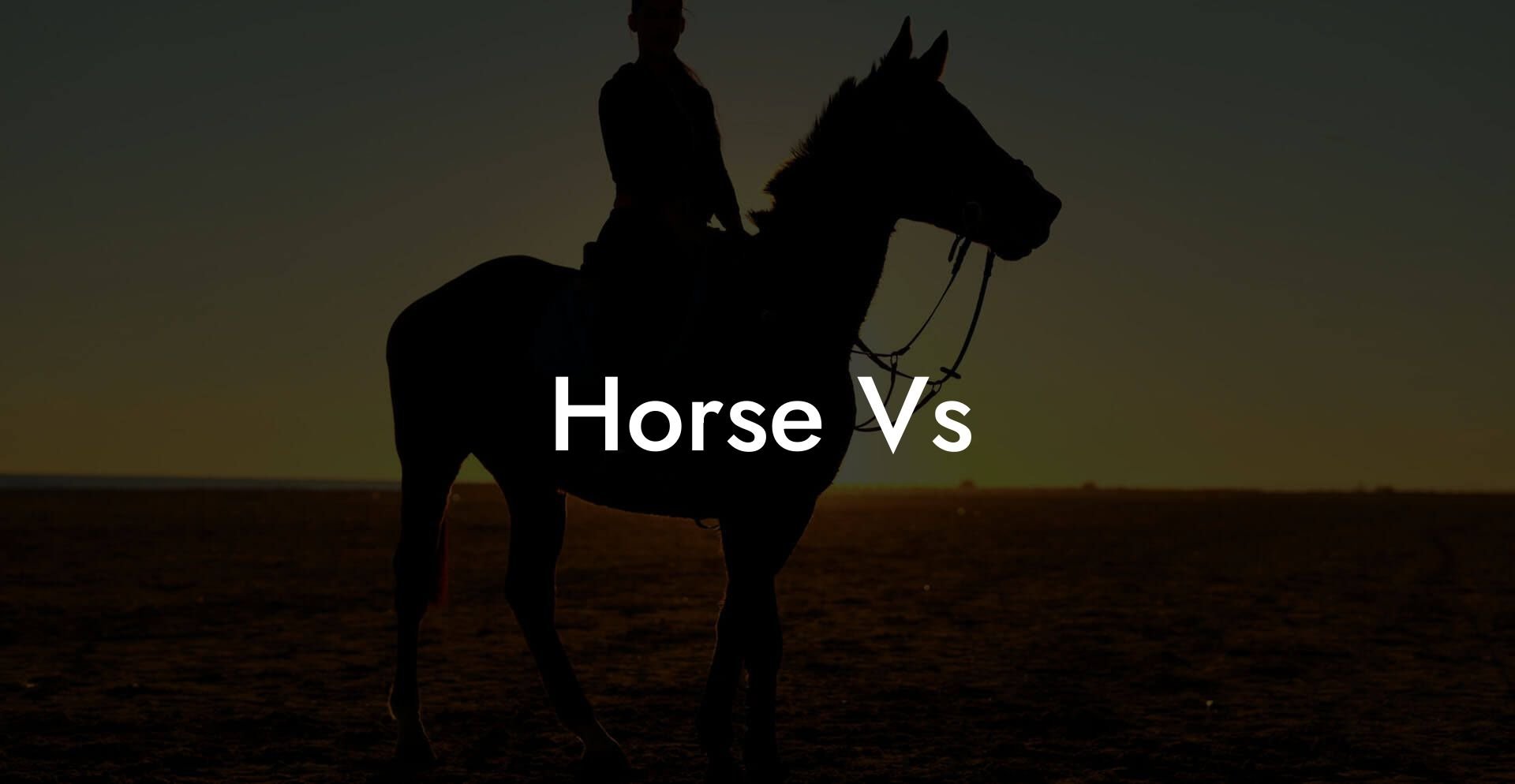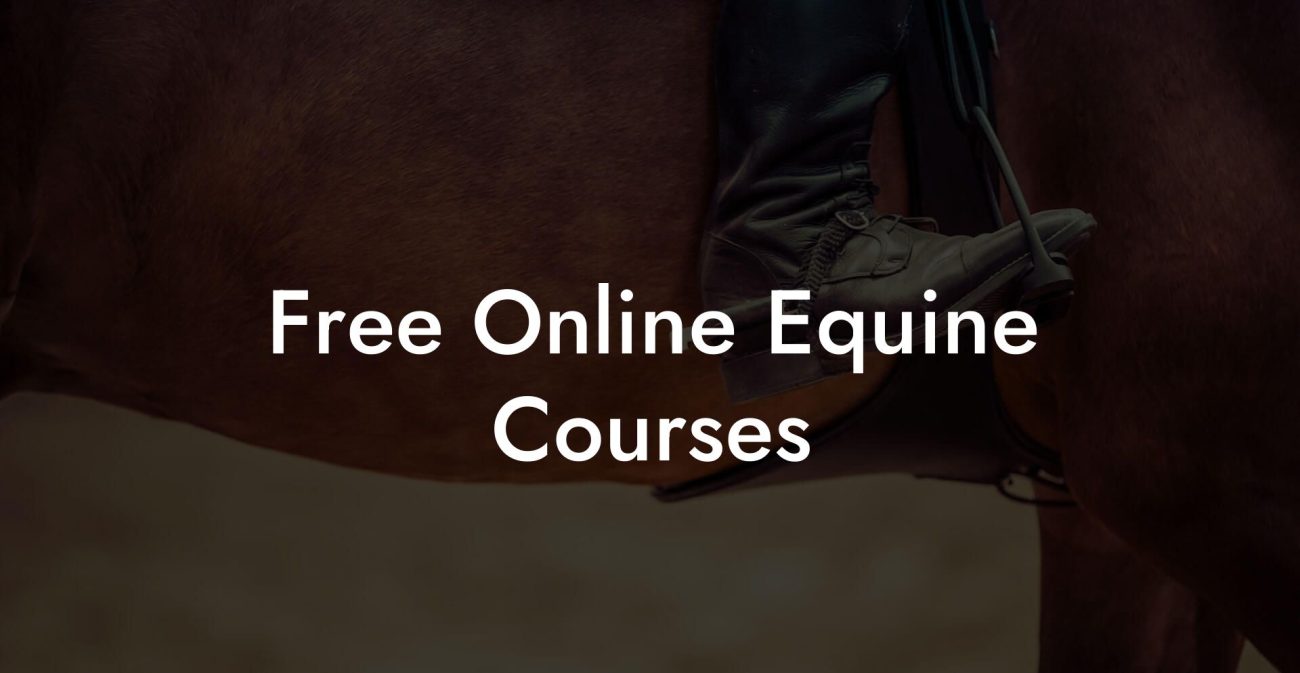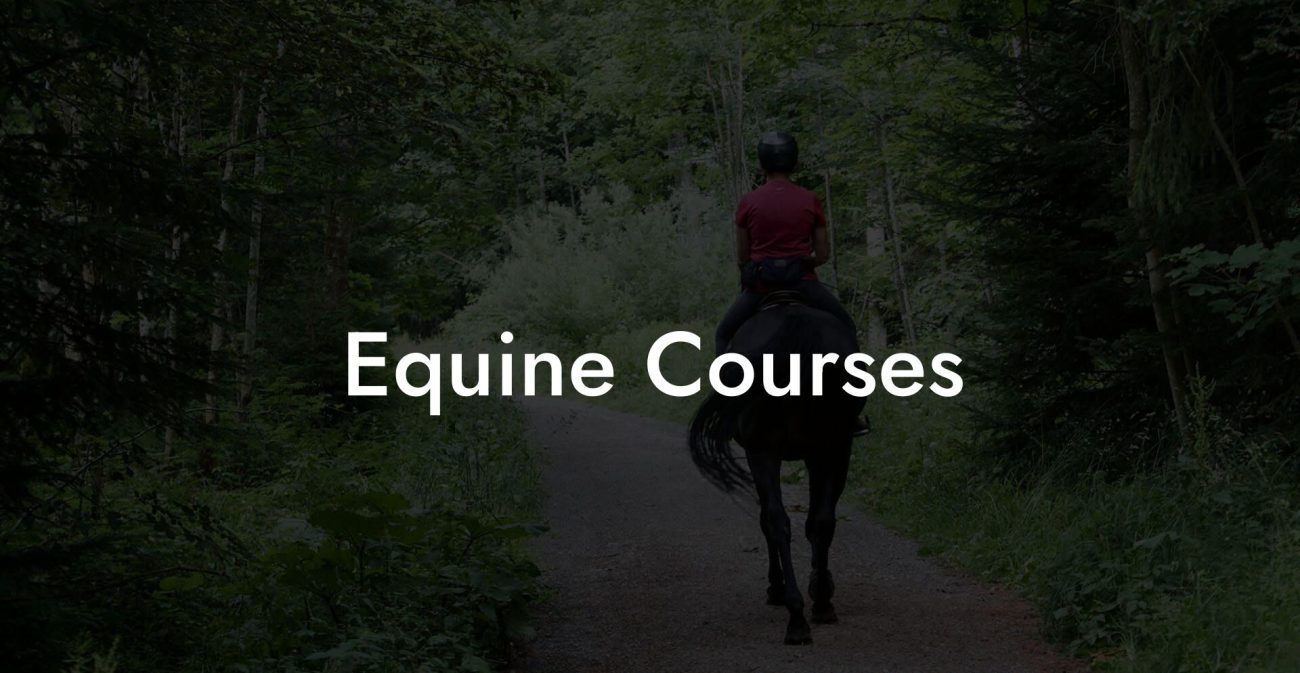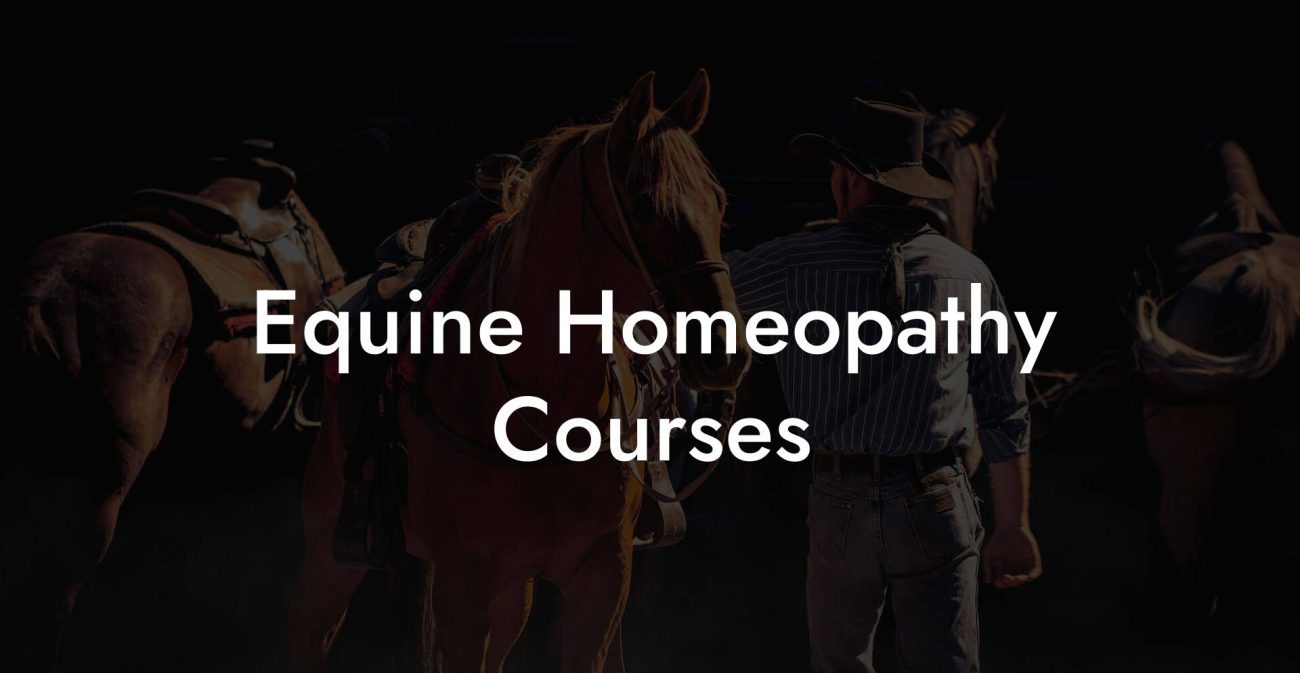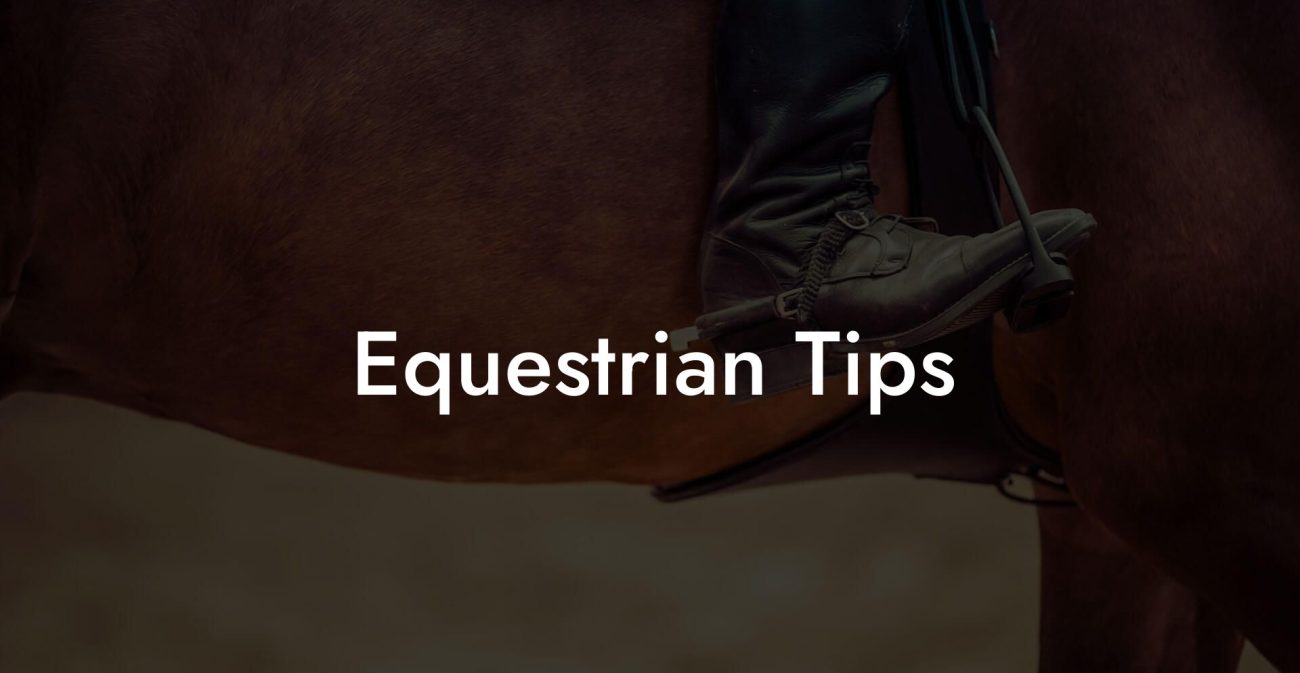When deciding to embark on the exciting journey of owning an equine companion, it's essential to understand the differences between horses and ponies. While these majestic creatures share some similarities, there are also stark contrasts to consider, particularly in terms of size, temperament, and suitability for various equestrian activities. In this in-depth guide, we explore the fundamental distinctions between these remarkable animals and provide you with all the information necessary when it comes to choosing the perfect equine partner for your lifestyle and aspirations.
Horse Vs Table of Contents
Size and Build
When comparing a horse to a pony, the most obvious difference lies in their stature. In general, equines measuring 14.2 hands (about 58 inches) or taller at the withers (the highest point of the shoulder) are considered horses. Those measuring 14.1 hands or smaller fall into the pony category.
Besides height, additional discrepancies exist concerning their physical build. Ponies possess thicker manes and tails, and their head and neck are larger in proportion to their body. Moreover, they have broader chests, shorter legs, and rounder barrels, contributing to their sturdy and compact appearance. In contrast, horses boast a more elongated and slender appearance, with longer legs and necks, resulting in a more graceful and athletic physique.
Temperament and Behavior
Aside from their physical differences, ponies and horses exhibit distinct temperaments. Ponies are renowned for their intelligence, hardiness, and independent spirits. These traits enable them to master various tasks rapidly and adapt to fluctuating conditions. However, their strong-willed nature might make them more challenging for novice riders, who may require a patient and forgiving equine partner as they learn the ropes.
On the other hand, horses tend to have more even and gentle temperaments, making them suitable for riders of all experience levels. Intrinsically social animals, they thrive on interaction and companionship with humans. As a result, many people find horses more approachable and amenable to training. However, their large size and strength may require experienced hands during training and handling.
Suitability for Equestrian Activities
Depending on your aspirations within the equestrian world, the choice between a horse and pony may differ. For individuals looking for a driving or competitive riding partner, horses tend to excel in disciplines such as eventing, dressage, show jumping, and endurance racing. Moreover, their size and power make them well-suited for ranch work, such as cattle herding, or as a veterinary or riding therapy partner.
Alternatively, ponies are often the ideal choice for beginner riders, particularly children, due to their manageable size. Moreover, they excel in driving sports, hunter jumper classes, and gymkhana events. Their hardy and adaptable nature also makes them perfect for trail riding or endurance races. Additionally, smaller pony breeds, such as Shetland ponies, may serve as ideal pets or companion animals.
Considerations for Ownership
When determining whether a horse or pony is right for you, it's crucial to evaluate your goals, preferences, and available resources. Consider the initial and recurring costs of owning an equine companion, including boarding, feed, health care, and necessary equipment. Furthermore, assess your riding abilities and intentions for equestrian activities. Most importantly, make certain that the temperament and nature of your chosen equine partner will complement your personality and lifestyle.
Understanding the key differences between horses and ponies is vital for embarking on a rewarding and successful partnership with your equine companion. While these remarkable animals share several similarities, their contrasting temperaments, size, and suitability for various equestrian disciplines make it crucial to evaluate your goals and desires before making a decision. If you found this guide helpful and informative, we encourage you to share it with your fellow equestrian enthusiasts and explore other resources on How to Own a Horse for more valuable insights and advice!

